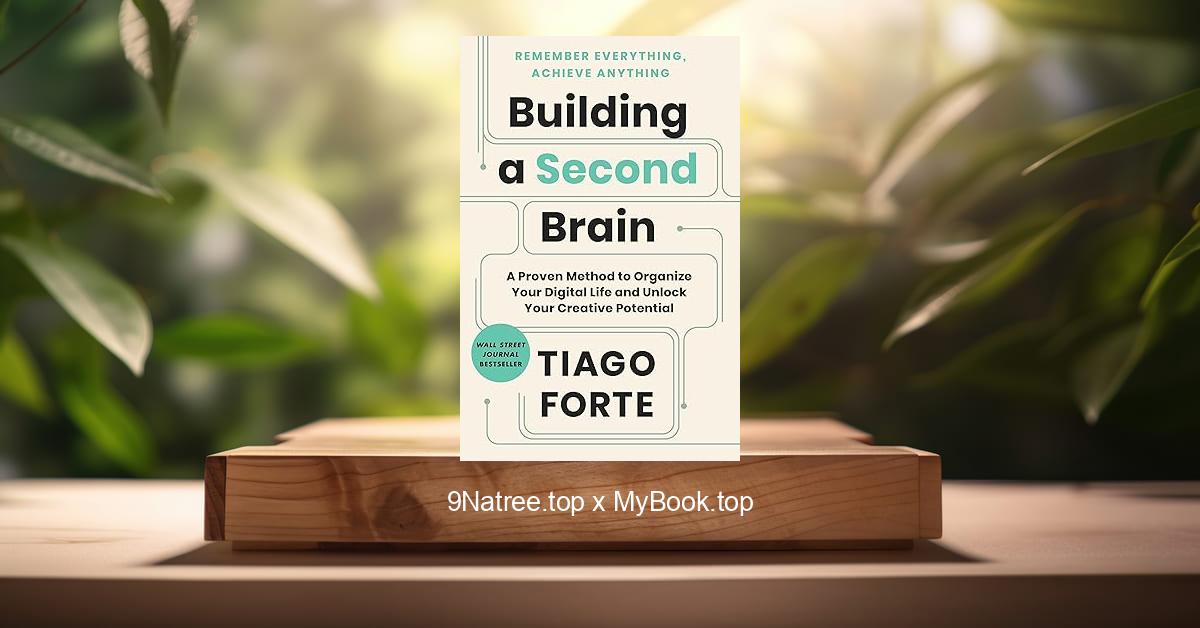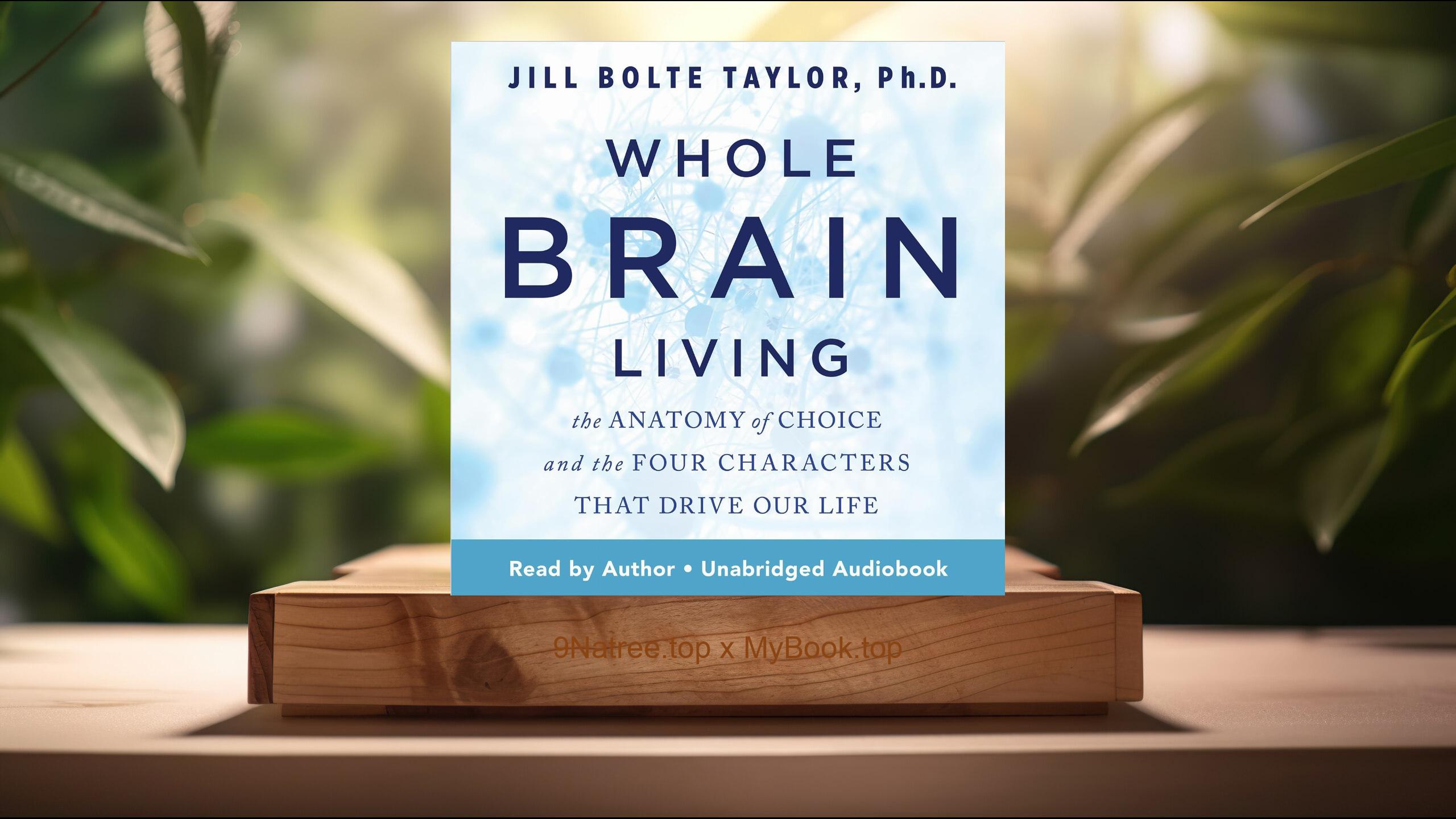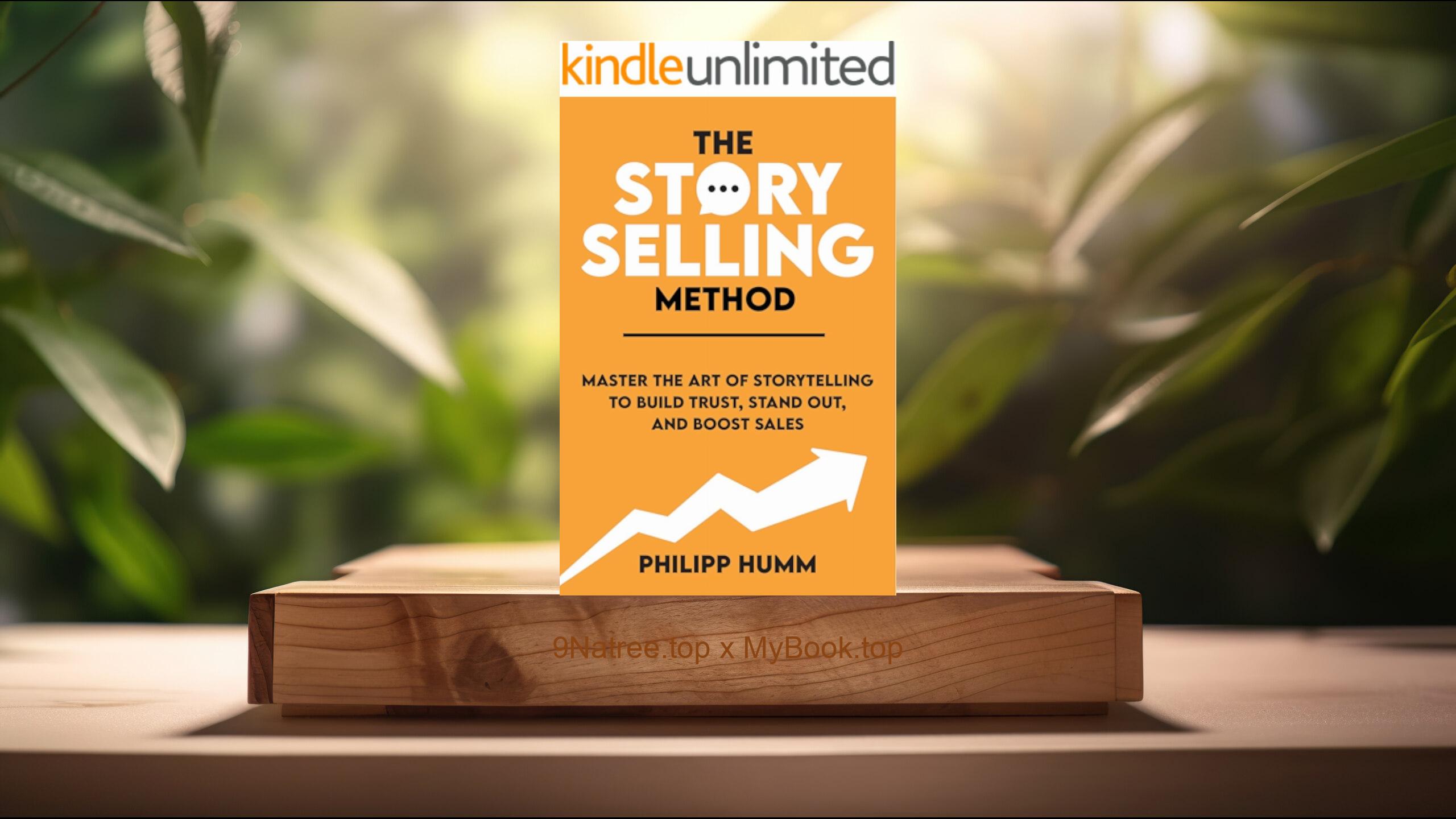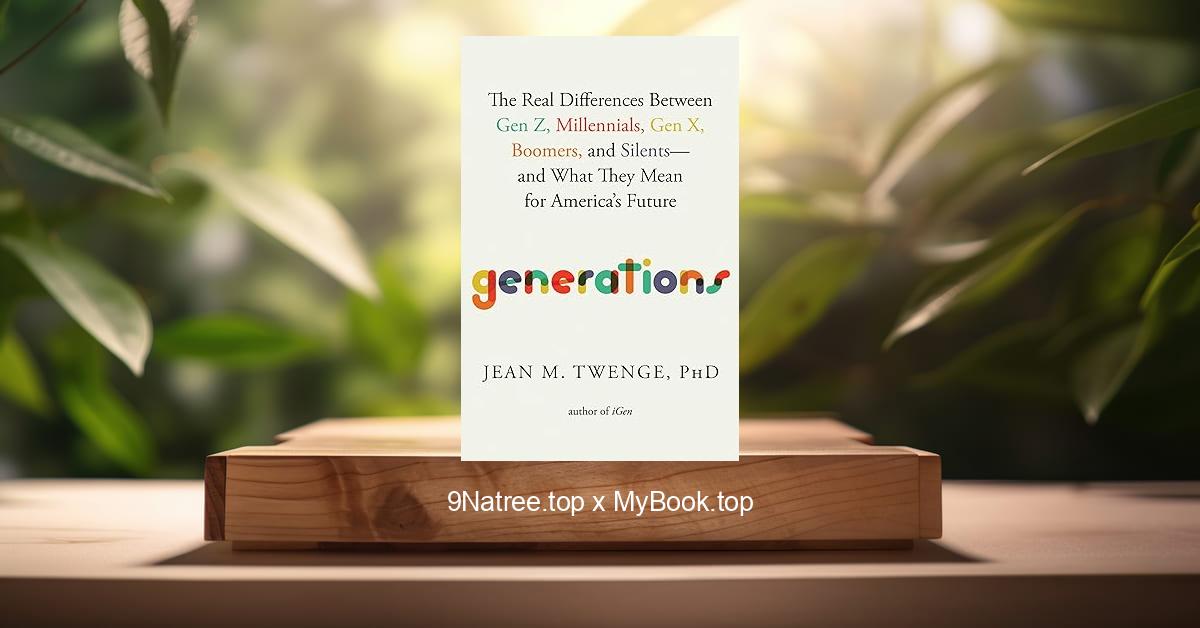Show Notes
Buy on Amazon: https://www.amazon.com/dp/B000FCKPHG?tag=9natree-20
These are takeaways from this book.
Firstly, Understanding Fixed vs. Growth Mindsets, Carol Dweck's research delineates two primary mindsets that significantly affect our lives: the fixed mindset and the growth mindset. Individuals with a fixed mindset believe that their abilities, intelligence, and talents are static traits. They see these qualities as innate, something you’re born with, and consequently, believe that effort has little or no role in changing these inherent abilities. This mindset leads to a desire to appear smart, hence avoiding challenges, giving up easily, seeing effort as fruitless, ignoring useful negative feedback, and feeling threatened by the success of others. In contrast, those with a growth mindset understand that their talents and abilities can be developed through dedication and hard work. This belief breeds a love of learning and a resilience essential for great accomplishment. Practicing a growth mindset involves embracing challenges, persisting in the face of setbacks, seeing effort as the path to mastery, learning from criticism, and finding lessons and inspiration in the success of others.
Secondly, The Role of Mindset in Education, Dweck explores the profound impact of mindsets on the educational journey of individuals. In a fixed mindset, students may avoid challenges, fear failure, and ultimately stagnate or regress in their learning. They might interpret a difficult task or a poor grade as a limit to their intelligence, an insurmountable barrier. This perspective often leads to a decrease in motivation and academic performance. Conversely, a growth mindset cultivates a passion for learning rather than a hunger for approval. These students embrace challenges, view failures as opportunities for growth, and persist through difficulties. Educators play a crucial role in fostering a growth mindset in their students by praising the process (effort, strategy, and progress) rather than just the outcome. Dweck's work suggests that implementing growth mindset strategies in the classroom can significantly enhance students' motivation and improve their ability to navigate obstacles in their academic lives.
Thirdly, Mindset’s Influence on Relationships, The book delves into how our mindset affects our relationships - romantic, familial, and professional. A fixed mindset can lead to a deterministic view of relationships, where traits and compatibility are seen as immutable. This perspective fosters a tendency to label others, ignore positive change, and give up when facing challenges in relationships. On the other hand, individuals with a growth mindset believe that people can grow and change through time, effort, and experience. They are more likely to work through problems, communicate openly, and foster personal and mutual development. Dweck illustrates how adopting a growth mindset can contribute to healthier, more supportive, and more fulfilling relationships by encouraging a focus on development and understanding rather than judgment and finality.
In conclusion, ‘Mindset: The New Psychology of Success’ is a must-read for anyone - educators, parents, students, leaders, or individuals committed to personal growth. Carol S. Dweck’s compelling argument that the mindset with which we approach life's challenges has a profound impact on our success is both empowering and actionable. This book transcends mere academic theory, offering practical strategies for cultivating a growth mindset. By doing so, it promises not just improved personal and professional outcomes but also a path to genuine fulfillment. Dweck's work is an essential guide for anyone looking to foster resilience, embrace challenges, and realize their potential. It’s a requisite tool for re-engineering thought patterns towards embracing growth, learning from setbacks, and driving towards success. In essence, adopting a growth mindset as elucidated in this book can transform our approach to challenges, enrich relationships, and embolden us to pursue our aspirations with tenacity and courage.
References: https://mybook.top/read/B000FCKPHG/
![[Review] Mindset: The New Psychology of Success (Carol S. Dweck) Summarized](https://episodes.castos.com/660078c6833215-59505987/images/1699907/c1a-085k3-gdqq21ndhnv0-ybrnho.jpg)




